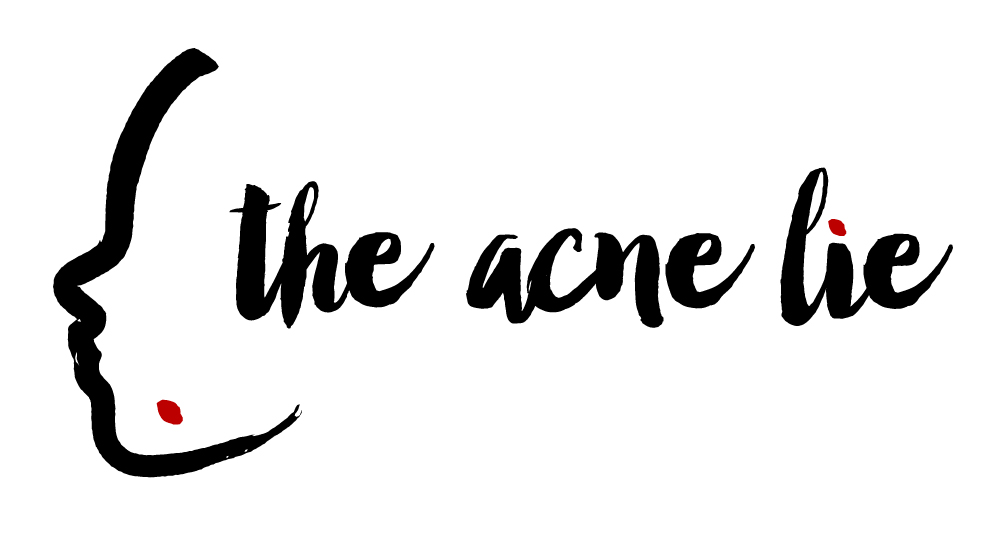In last week’s post about new year’s resolutions to help your skin, one of the points covered was sleep. This week we’ll take a deeper look into why sleep is so important.
Lack of Sleep: What it Does to Your Body (and your Skin)
Let’s start with the negatives first.
Long-term chronic sleep deprivation can cause a host of problems in your body, more than just feeling sluggish or cranky. One of the biggest factors is that lack of sleep lowers your immune system, and has a similar effect on the body that stress does. [1] A lowered immune system leaves you open to all sorts of health issues. One such issue is that a lowered immune system is less effective at fighting off harmful bacteria – like the bacteria that can contribute to acne. [2]
Lack of sleep also contributes to elevated levels of cortisol in your body – the stress hormone. One of the effects of too much cortisol is an overproduction of sebum – the oil in your skin. Some oil in your skin = good. Too much oil = acne. Lack of sleep also decreases your insulin resistance, which can result in inflammation; and one way inflammation manifests is as breakouts on your skin. [3]
Beauty Sleep: The Restorative Power of Sleep
Are you convinced yet that sleep is important?
Some of you may be asking how much sleep is “enough” sleep. There’s no perfect number of hours – one person might be fully healthy and energetic with 6.5 hours a night, whereas someone else might need 8.5. But just as important as how long you sleep is the quality of sleep that you get.
An environment that’s too hot, noisy, or bright can interfere with sleep, even in small ways. Take steps to make sure that your sleep is the best it can be: keep your room as dark as possible, lower the temperature, don’t drink alcohol or eat anything right before going to bed. [4]
Sleep is the time when the body most efficiently heals itself. Whether you’re recovering from an injury or just a long day, recovering from an illness or just fighting acne, sleep can help you heal faster. Your body also processes more toxins during sleep. [5] Damaged cells are repaired, and your skin can even properly rehydrate itself (healthy water hydration, not excess oil). [6]
Conclusion
With the busyness of 21st century life, getting enough quality sleep can be challenging. To achieve this, it might take some drastic measures: like cutting out some TV watching, or not staying out late on the weekends. But however you choose to arrange your schedule, make sure you schedule in time for sleep.
Consider it a gift to yourself, consider it a New Year’s resolution, do whatever you have to do – but treat yourself and your skin well this year by getting plenty of sleep.
References:
2. http://www.dermnetnz.org/topics/bacteria-in-acne/
3. https://porcelainfacespa.com/blog/771/
4. http://www.acneadviceformen.com/index.php/2015/11/04/the-ultimate-article-on-sleep-and-acne/
5. http://www.drlwilson.com/articles/sleep.htm#MORE
6. https://www.quora.com/Can-lack-of-sleep-cause-acne-and-other-skin-issues


1 Comment